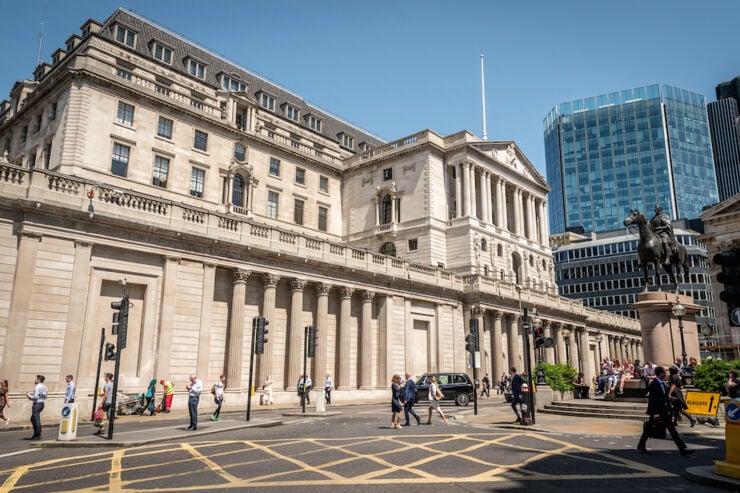This morning, the Bank of England (BoE) announced that it was raising the UK base rate from 0.1% to 0.25%. The BoE didn't raise the base rate back in November, although it had been expected to. The deferral was most likely the result of the emergence of the Omicron variant and slower than expected economic growth.
Uncertainty remains about the ongoing evolution of the Omicron variant and the possibility of introductory measures to stop its spread. These factors may impact economic growth in early 2022; however, the BoE nevertheless chose to increase the base rate.
The cost of goods has continued to rise, and with supply chain challenges, the rising costs of raw materials and staffing issues, inflation has risen exponentially over the past few months. The UK’s inflation rose from 3.1% in September to 5.1% in November, and BoE introduced the base rate today in part to try and curb this. The decision is backed by the Bank’s analysis that the UK’s unemployment rate is currently lower than expected, and the job market has a strong outlook. The news also follows the Fed’s announcement yesterday that it plans to raise interest rates in 2022.
What does this mean for borrowing and mortgages?
The increase in the base rate is unlikely to come as a big surprise to anyone. The Bank of England had been vocal in its plans to increase the base rate for some time, making the increase a question of when, rather than if. That said, most people were probably expecting the announcement would come early in 2022 rather than so close to the holidays.
Central banks raise base rates slowly in order not to shock the market, and therefore, the increase is likely to be one of several rather than a stand-alone upturn. We believe this will be the first of gradual increases over the next 12 months, which will see the base rate raised to 1%.
The increase in the base rate means, of course, that borrowing will become more expensive. Practically, we have seen that many mortgage lenders have been building this into their mortgage rates for some time.
Anyone with tracker mortgages will, of course, see an increase in their monthly payments and should also expect these to increase going forward. Borrowers with fixed-rate mortgages won’t see an increase in their mortgage payments until the end of their fixed-rate period.
It’s important to note that the change in the base rate doesn’t mean that mortgage rates will skyrocket. Lenders will always increase the interest rates on their mortgage products when the base rate changes. However, especially in the context of the UK, the mortgage market is exceptionally competitive. Lenders will look to keep their rates as low as possible to win business from borrowers. In many ways, borrowers benefit from the number of lenders in the UK mortgage market, which can slightly temper the impact of increasing the base rate.
What might be prudent is that anyone looking to buy property in 2022 thinks about getting their mortgage secured as soon as they can. The base rate is expected to continue to rise and organising finance when it is as cheap as possible can often be beneficial.
As always, if you have questions, comments or would like to talk through your current mortgage or securing a mortgage in the future, get in touch. We are always happy to have an informal chat, explain things further or talk you through your options.




